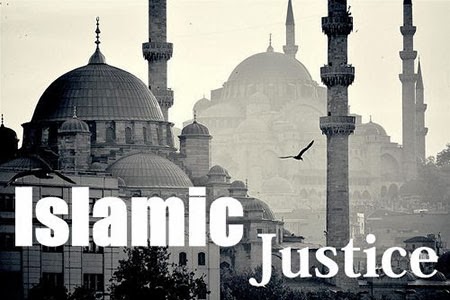10 Effective Methods to Prepare for Ramadan 2025
Ramadan 2025 is fast approaching, and Muslims around the globe eagerly anticipate its holy month. Ramadan not only marks a period where we fast from sunrise till dusk but it can also offer opportunities for spiritual renewal, increased worship, and strengthening our connection to Allah – so by planning ahead it’s possible to maximize this sacred period. Preparing for Ramadan: Why It Is Crucial Ramadan shouldn’t come as a shock; by anticipating and planning ahead for it we can maximize its blessings while preventing burnout. Spiritual preparation may lead to enhanced focus, inner peace and increased feeling of connection to Allah. Begin With Sincere Intentions (Niyyah) Everything starts with intent. Islam evaluates our actions based on what our intentions are; so before holy month starts, set an intention with conviction to focus on self-improvement and worship during this month – both spiritually and emotionally – by listing your goals then asking Allah for strength to achieve them. Increase Worship and Prayer Ramadan provides the ideal opportunity to increase worship and prayer. Add special prayers such as Tahajjud, Nafl and Dhuha into your daily ritual in order to grow closer to Allah ahead of Ramadan ending and maintain that spiritual high throughout its duration – even small duas or daily Dhikr can make a substantial impactful difference! Read and Reflect on the Quran Ramadan marks when Islam revealed the Quran; now is an ideal time to reconnect with it by reading frequently and reflecting upon its meaning and significance. Study Tafsir for deeper comprehension if possible to increase understanding further, setting a goal of finishing all chapters before the conclusion of Ramadan. Fast Voluntarily Before Ramadan To help prepare both body and mind for Ramadan fasting periods of up to 29-32 hours per day, voluntary fasting in Sha’ban, or the month prior, can be seen as a Sunnah that makes transition easier when fasting during Ramadan proper begins. Fasting during Sha’ban will instil discipline as you fast every day before Ramadan. Request Forgiveness and Repentance Purification is one of the key practices during Ramadan, so ask Allah and others for forgiveness as you clear away resentments or repent for past errors. A heart that has been cleansed can more readily receive its abundant gifts of compassion in abundance during this month. Plan Your Time Wisely Establish a clear timetable will keep you on track, including prayer times, Quran reading sessions and family obligations. Avoid activities which obstruct worship by using planners and apps for planning purposes. Engage in Charity and Good Deeds Ramadan emphasizes the value of giving back, so make sure that small acts such as feeding someone during Iftar yield big rewards! Even small steps toward charity will reap great results during Ramadan. Build Family and Community Ties This month is also about building community connections – whether through family Iftar gatherings, attending community Taraweeh services, or participating in Islamic activities. By cultivating these ties within family and neighbourhood circles during Ramadan, peace and happiness will surely reign supreme for each month that passes by! Enhance physical and mental well-being It is essential that we prioritize our physical and mental well-being through nutritious eating practices as well as plenty of water intake, so as not to experience withdrawal symptoms after ceasing sugar or caffeine consumption today. Fasting is vitally important as well as participating in worship; its effect will only compound itself over time. Make Dua for a Successful Ramadan Never view prayer as mere magic; pray to Allah instead so He may maximize its benefits during Ramadan and give your Ibadah strength, guidance and unity. Conclusion Preparing for Ramadan can be the key to reaping its maximum benefits. By setting clear goals in mind and prioritising worship over physical wellbeing and healthiness, making Ramadan 2025 truly transformative can happen – so take it on with an open heart and genuine intent of drawing closer to Allah! FAQs 1.Do I Know How To Prepare Mentally for Ramadan? Begin gradually increasing devotion while reflecting back upon previous Ramadans and setting spiritual goals for this Ramadan. 2.What should be my ideal Suhoor/Iftar food choices? Focus on whole-foods as well as fruits for Suhoor or Iftar meals and drink plenty of water throughout the day to stay hydrated and energetic. This will keep your mind clear, body healthy, and energy levels at optimal. 3.How can I include my children in preparations? Task them with tasks such as helping serve Iftar as well as reading short Quranic stories aloud. 4.Is fasting before Ramadan begins required or beneficial? Although not mandatory, fasting during Sha’ban may prove highly advantageous and beneficial in several ways. 5.How can I maintain my commitment during this month? Make a schedule, start small goals and enlist help from family, friends and acquaintances in staying on course with my ibadah commitments. For More information: The Quran Learning



